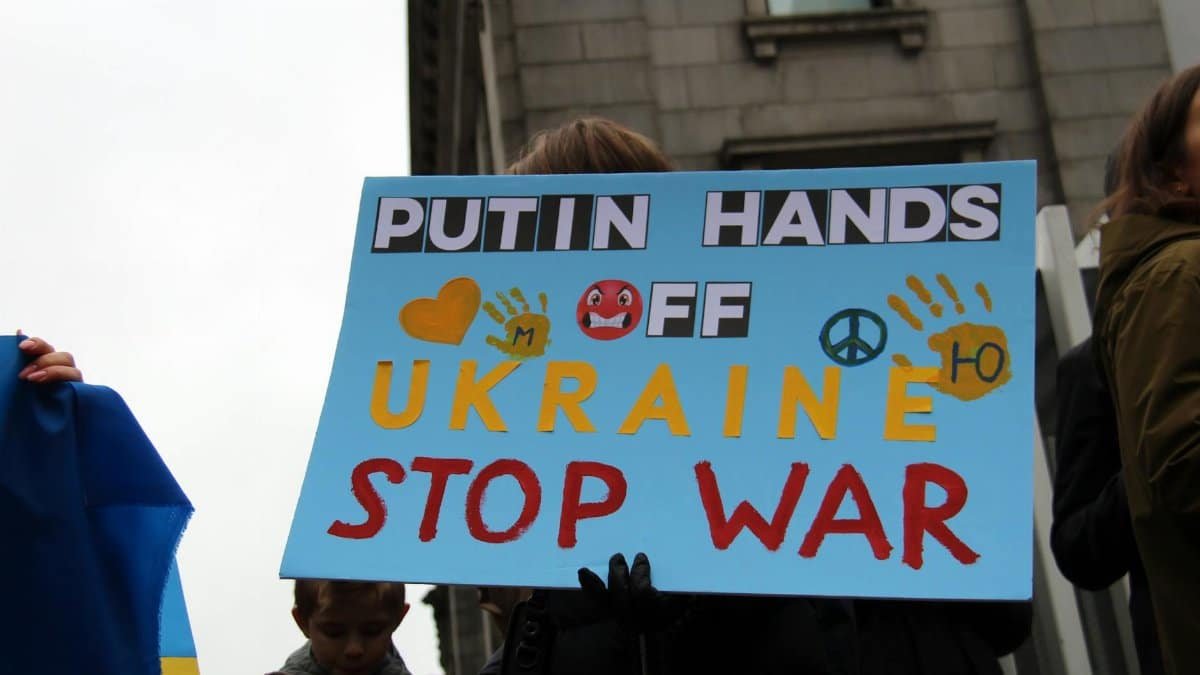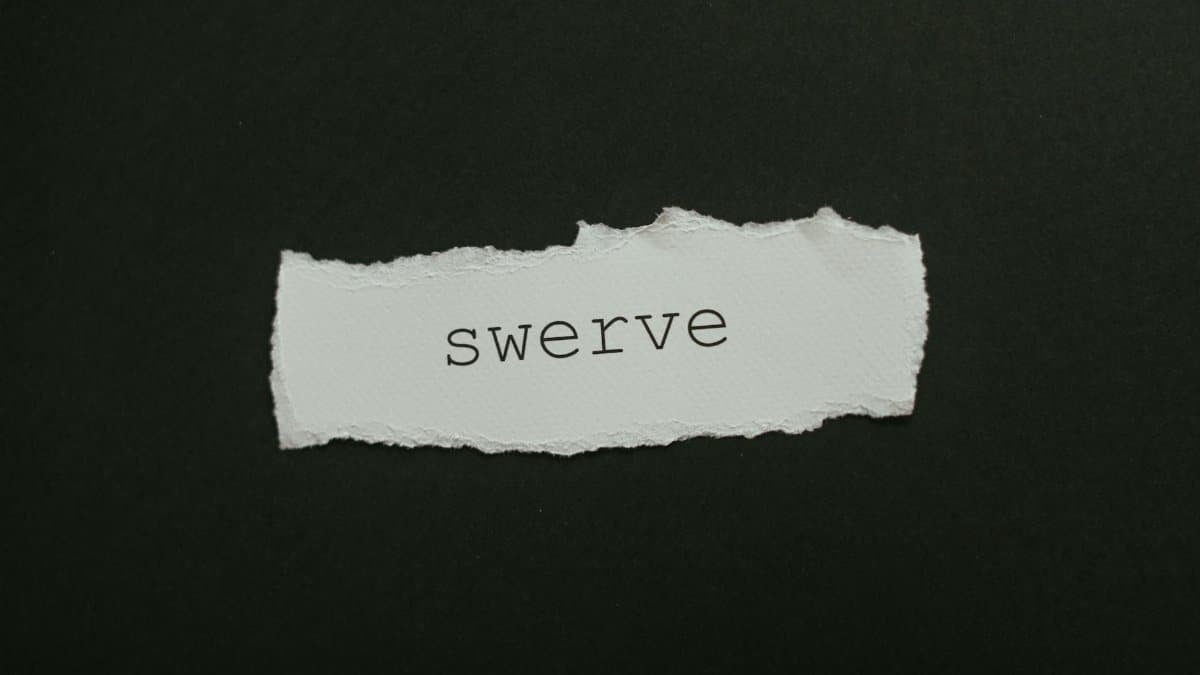In a fast-paced world, new data shows that 68% of Americans experience cognitive distortions when fatigued, leading to poor decisions and heightened stress. This startling figure from a recent Pew Research survey highlights how exhaustion warps perception, making minor issues seem catastrophic. Enter peace awareness, a growing practice that encourages tuning into inner calm to counteract these mental traps. As more people turn to it in 2025, experts say it’s key for maintaining clarity amid chaos.
The Science Behind Brain Tricks

When you’re tired, your brain’s prefrontal cortex, responsible for rational thinking, takes a hit. This leads to amplified emotions and impulsive reactions. Studies from the National Institutes of Health explain that sleep deprivation mimics intoxication, impairing judgment similarly to alcohol. In overwhelming situations, the amygdala hijacks control, flooding you with fear or anger. Peace awareness steps in here, promoting mindful pauses to reset these neural pathways. It’s not just fluff; it’s backed by neuroscience showing reduced cortisol levels through simple breathing exercises.
Common Mental Distortions in Fatigue

Exhaustion often breeds black-and-white thinking, where everything is all good or all bad. You might catastrophize a small setback into a life-ruining event. Overwhelm amplifies this, creating tunnel vision that ignores positive aspects. Researchers at Harvard Medical School have documented how chronic stress shrinks the hippocampus, affecting memory and perspective. Incorporating peace awareness helps by fostering a balanced view, reminding you that silence and reflection can reveal overlooked solutions.
How Overwhelm Overloads Your Senses

Being overwhelmed floods your brain with stimuli, triggering the fight-or-flight response. This evolutionary holdover served our ancestors but backfires in modern life, leading to paralysis or rash choices. A study published in the Journal of Neuroscience links this to elevated dopamine surges that distort priorities. Peace awareness counters this by encouraging sensory grounding techniques, like focusing on breath to dial down the noise. In 2025, apps and workshops are making these tools more accessible than ever.
The Role of Peace Awareness in Countering Tricks

Peace awareness isn’t about ignoring problems; it’s about cultivating inner stillness to see them clearly. Practitioners report sharper focus and less reactivity when tired. According to a report from the Centers for Disease Control and Prevention, mindfulness practices like this reduce anxiety by 25% in stressed populations. By tuning into your body’s signals, you break the cycle of mental tricks, turning overwhelm into manageable steps.
Real-Life Examples of Brain Deception

Take John D., a New York executive who, after a sleepless night, misread a colleague’s email as hostile, sparking unnecessary conflict. His story echoes many in high-pressure jobs. Or consider Lisa M., overwhelmed by family demands, who convinced herself she was failing at everything. These anecdotes illustrate how fatigue fabricates narratives. Introducing peace awareness through daily journaling helped them regain perspective, as noted in wellness forums and expert analyses.
Strategies to Build Peace Awareness

Start small: Set aside five minutes for deep breathing when fatigue hits. Visualize a peaceful scene to interrupt negative thought loops. Experts recommend combining this with physical activity, like walking, to release endorphins. A comprehensive guide from the National Institutes of Health supports these methods, showing improved cognitive resilience. In overwhelming moments, affirm your capacity for calm to trick your brain back to balance.
Impact on Daily Decision-Making

Tired brains often opt for shortcuts, leading to errors in judgment. Overwhelm compounds this, pushing hasty choices with long-term regrets. Peace awareness trains you to pause and assess, enhancing decision quality. Recent surveys indicate that those practicing it report 40% fewer stress-related mistakes. This shift is crucial in 2025’s demanding work environments, where mental clarity can mean the difference between success and burnout.
Long-Term Benefits for Mental Health

Consistently applying peace awareness builds resilience against future tricks. It rewires neural patterns, making you less susceptible to fatigue’s distortions. Longitudinal studies from Stanford University reveal lower depression rates among regular practitioners. Over time, this awareness fosters emotional intelligence, helping you navigate overwhelm with grace. It’s a proactive shield, ensuring your mind stays sharp even under pressure.
When to Seek Professional Help

If brain tricks persist despite efforts, it might signal deeper issues like chronic insomnia or anxiety disorders. Don’t hesitate to consult a therapist. Resources from the American Psychological Association emphasize early intervention. Peace awareness complements professional care, but it’s not a substitute. Recognizing when overwhelm crosses into clinical territory is vital for overall well-being in today’s hectic world.
